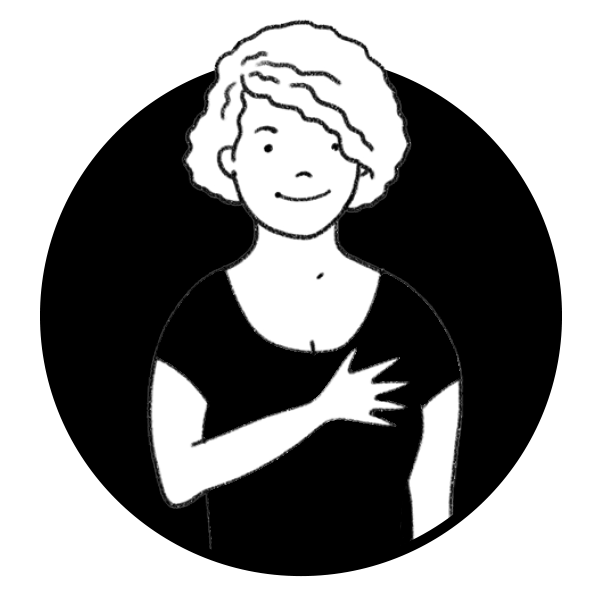It’s Jan 2nd and I’m seeking ways to be a better person.
A Guardian Online article catches my eye. They’ve consulted a psychologist on why people are persistently late. She describes people like me, and I’m intrigued.
I run through her list of different explanations for lateness: sometimes its source can be traced back to childhood, a parent with sloppy timekeeping might say only uptight people get anywhere on time, and we internalise the message, not wanting to be disloyal to our parents. Other times being late might be to do with low self-worth (having less to bring to the party, your presence isn’t needed).
Or, being late might be to do with having poor judgement about how long things take to do (yes, that’s definitely me); or finding it hard to shift from doing one thing to another, a shift in gears (yes again – me, me!).
Then it dawned on me: some of the things in the psychologist’s list were ‘behavioural’, the kind of thing we might read about in a behavioural science article. Finding it hard to move on from one thing to the next (the difficulty with gear change) reminds me very much of ‘default’ behaviours that I’ve read about in books on behavioural economics. The example that sticks in my mind is about TV and how we default to watching the next thing on the channel rather than switching. The newscaster Tom Bradbury talked about this recently: during the three weeks I’m A Celebrity is on, the News at 10 gets a considerable spike in viewers. Then at the end of the three week run, those viewers fade away. Why he mused, did they pick up a habit for three weeks and then not stick around? Default behaviour, Tom. Default behaviour.
Similarly, being late because we don’t have a good sense of how much we can actually fit in during a day, or how long it will reasonably take us to travel from A-B… that’s a cognitive flaw, something that behavioural science has helped us understand.
BUT, and here’s the interesting thing for me, not all of the reasons for lateness were cognitive, some were ‘psychological’ (for want of a better word), features of a person’s personality: the values or stories that they had told themselves about ‘who they were’ that had come to shape what they do.
Why does this matter?
It matters because in the rush to embrace cognitive biases as an explanation of behaviour, we are dropping the ball on personality. In fact, we should be juggling both.
Why are we late? For a number of reasons, sometimes because of context, or default behaviours, or poor judgement rooted in cognitive flaws, but other times personality is a driver, a force which underpins behaviour and comes from the stories we tell ourselves about who we are and why we should do what we do.
Why does this matter to market research or marketing practice?
My worry is, at the moment in research, we focus on cognitive behaviours at the expense of understanding what else drives behaviour. We read so much about our decision-making flaws, and how we don’t know our own behaviours, (and therefore can’t be interviewed about our behaviours) that we have our own new biased behaviour going on – tuning out the importance of personality and other drivers of behaviour.
Behavioural science is useful for understanding in-moment decisions. If we’re in the supermarket, suffering from cognitive overload (so much noise, stimulus, information, so many choices!) we have to explore context and what our brains can cope with when it comes to decisions.
If we’re thinking about persuasive messages knowing the tricks and flicks that can stimulate us, get us into a ‘hot state’ is, of course, important.
Behavioural science can also explain some longer term behaviours (like habit, our default tendencies…).
BUT does it help us with all understanding of choice and decision making? No.
We know that personality starts in the womb, before even, and that the events that shape our lives help re-make and shape who we are, what we do, what we value, what our identity is. We know that culture helps us form values which drive the choices we make too. These influences are, perhaps, messier, and perhaps less predictable than ‘behavioural’ traits, but they contribute to choice and decisions too.
So what?
Well, researchers need a complete toolkit for understanding what they are trying to understand. Sometimes they should be doing behavioural experiments, and putting a behavioural science frame around what they are exploring. Other times they need to be exploring cultural influences, other times they need to be looking at personality drivers. Sometimes all things are going on.
Mark Earls talked about identifying ‘what kinda thing is this?’ in his book Copy, Copy, Copy. When we’re studying human behaviour and answering questions about why or how people do what they do, then we should be thinking about thinking, and working out what model of behaviour might help us understand what’s going on.
People are late for all sorts of reasons.



